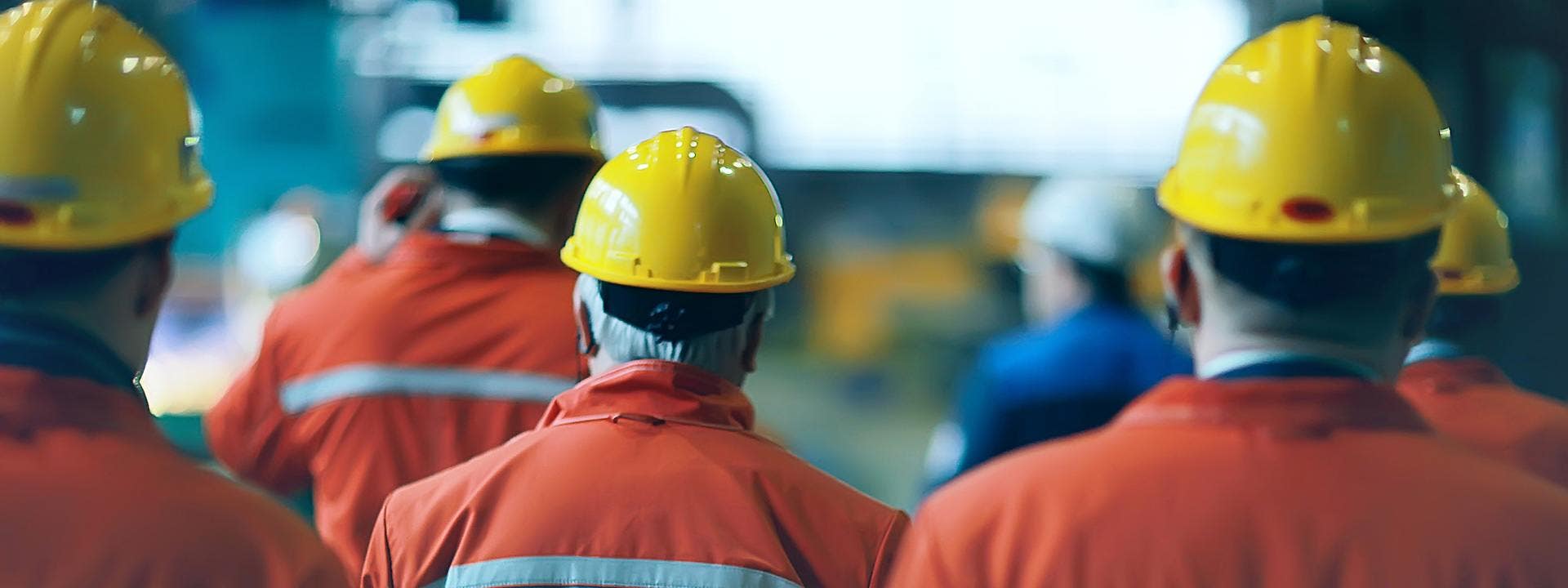
How to Become a Construction Health & Safety Officer
How to Become a Construction Health & Safety Officer
If you want to embark on a career which is essential to ensuring the safety of others, then become a Health and Safety Officer in Construction and you will surely never be short of work, alongside earning a good wage for the vital role you play. Read on to find out how!
What Qualifications Do I Need?
As a health and safety officer, you will need to have a degree level education; however, this doesn’t necessarily mean having to get a bachelor’s in a related subject. After you complete your bachelor’s, you can embark on a variety of training courses such as those run by the Institution of Occupational Safety and Health (IOSH). One of the most commonly recognised qualifications which are directed related to construction, however, is the NEBOSH Construction Certificate (NCC) which is run by the leading health and safety awarding body in the UK.
Here at CoursesOnline, you can enrol on the NEBOSH Certificate in Health and Safety course at a bargain price, and work around your current commitments whilst working towards your future. We offer a range of distance learning NEBOSH certificates, with some of our popular bundles including the cost of exams so you can ensure that on completion, you are ready to jump straight into a career in Construction Health and Safety.
As a Beginner, Where Should I Start in Construction Health & Safety?
In order to go into the area of construction, many workplaces also require work experience, safety training or safety qualifications which cater specifically to that area. As construction work is full of potential health and safety hazards and legal procedures which must be carried out, being knowledgeable about these before your employment is helpful – even if more on-the-job training is given.
Skill Set Required for a Construction Health & Safety Officer
Attention to detail
Great focus
Broad knowledge of health and safety
Problem-solving skills
Communication skills
Physical fitness
What Does a Construction Health & Safety Officer Do?
As a health and safety officer in construction, you will be responsible for ensuring that organisations and employees are following health and safety regulations (e.g. providing PPE or having appropriate equipment), auditing construction sites, carrying out risk assessments and updating policies as well as investigating any accidents that occur.
Typical Duties for a Construction Health and Safety Officer
Construction health and safety officers are tasked with carrying out a number of duties – for example:

